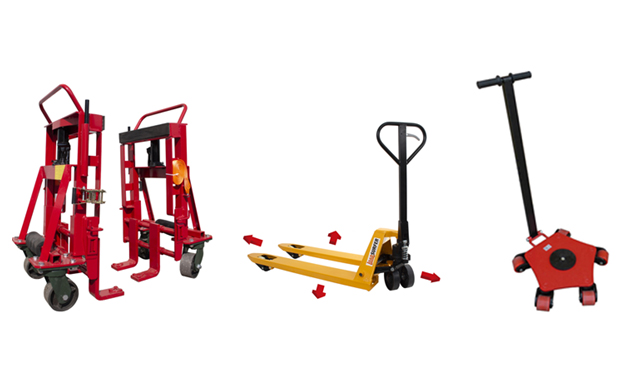The Pre-requisites for Safe Material Handling Equipment.
Many businesses are in the process of returning to work, implementing important guidance from the government and HSE to reduce the risk of infection as far as possible. But for those that use materials handling equipment, there are additional unique and critical steps to consider for the safety of their teams.
Step 1 :- Review current safety standards
If an operator has been away from their post for some time, it may be necessary to assess their current skill levels on their return. This is to ensure no skill-fade has taken place during recent months, which could result in unsafe operation. Assessments can be carried out in-house by a qualified, competent person, or by an external provider.
You must also ensure your MHE is safe to return to service. When recommissioning equipment that has been stood down, be sure to check the Thorough Examination Report to see if an inspection is due and follow the instructions in the operator manual on preparing the truck for reintroduction. CFTS has prepared a



